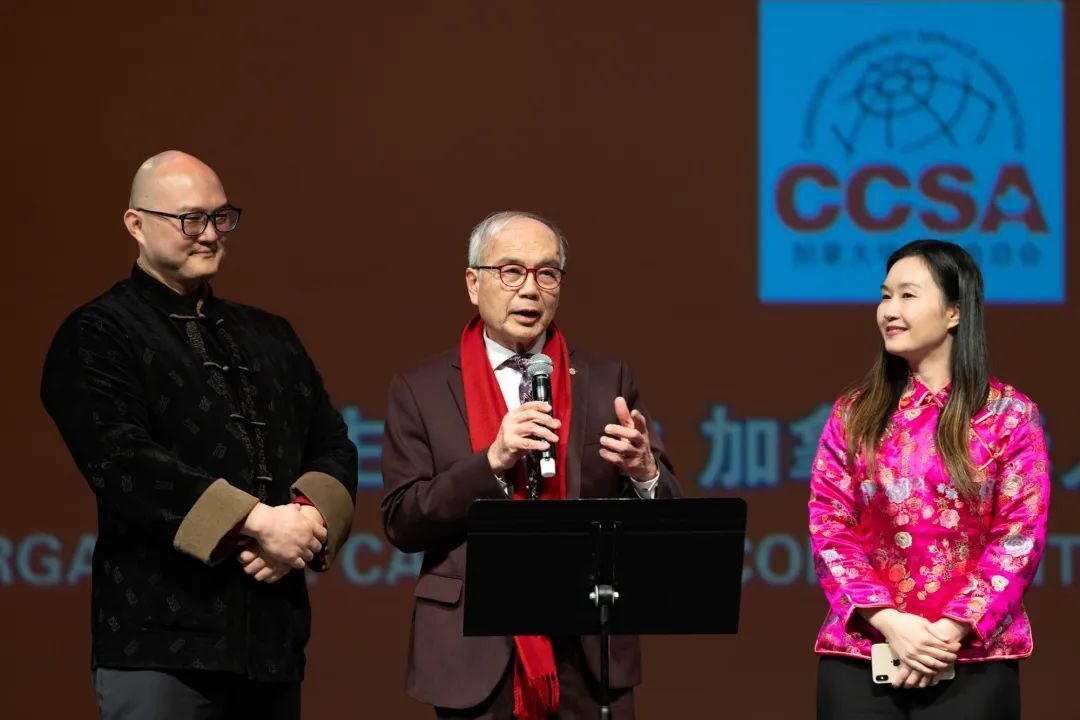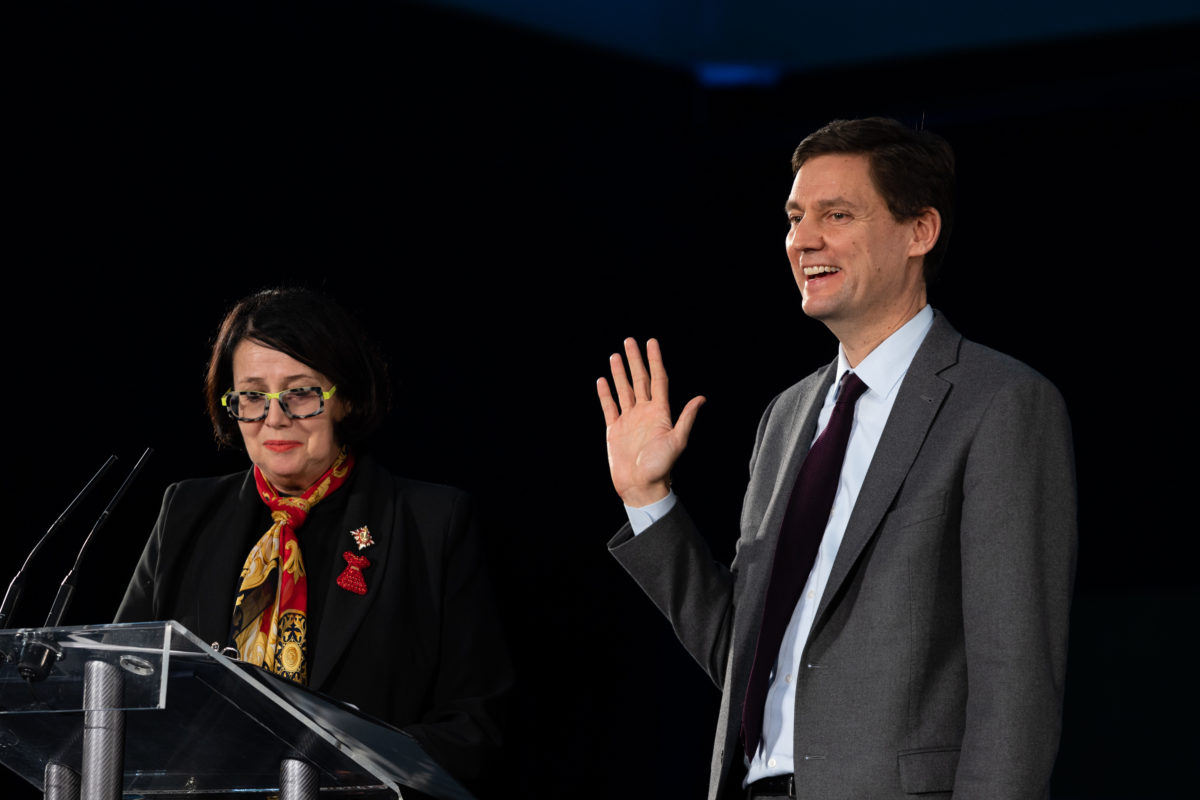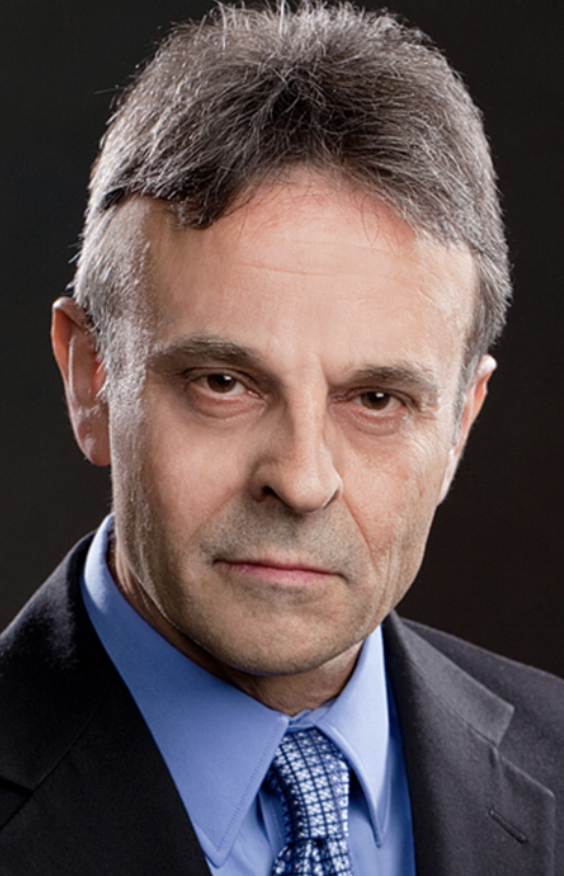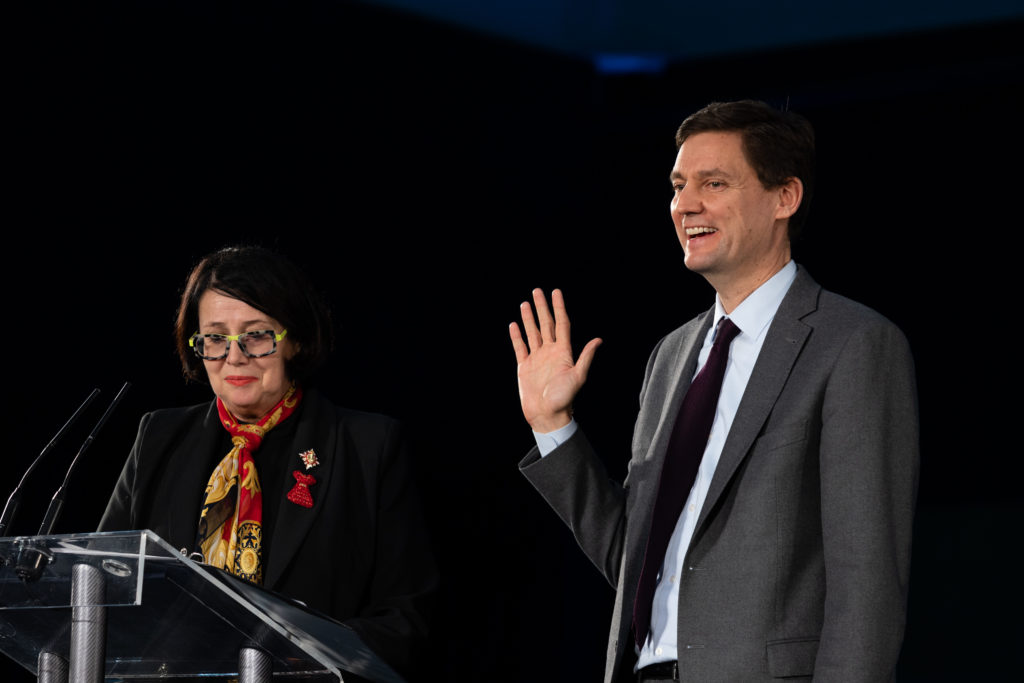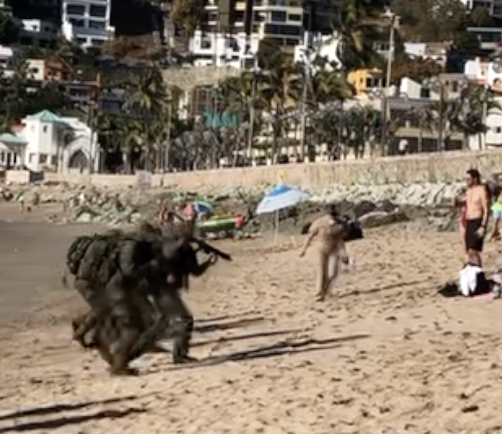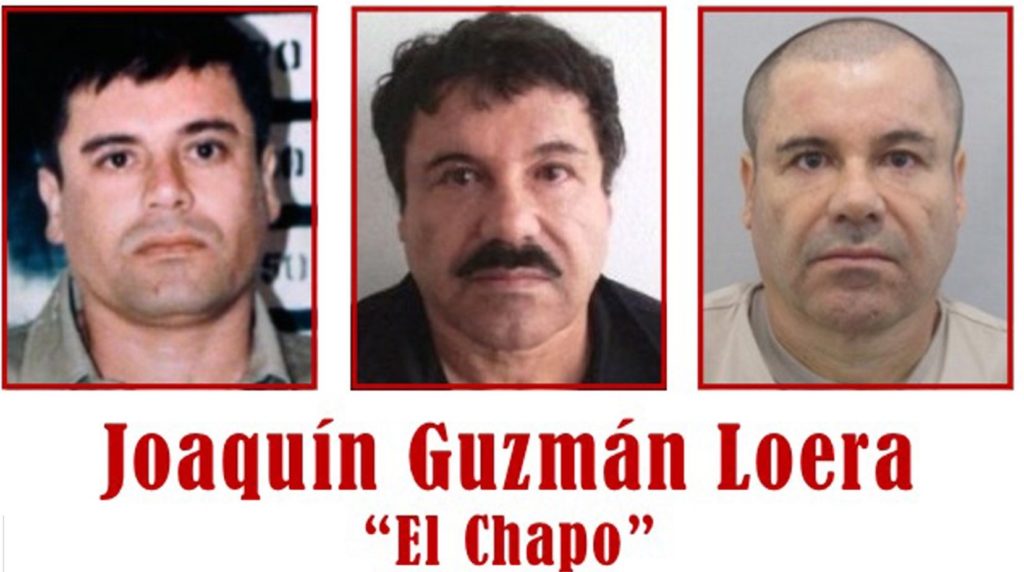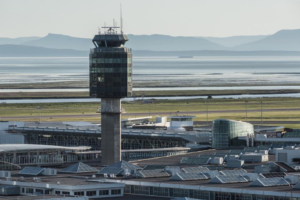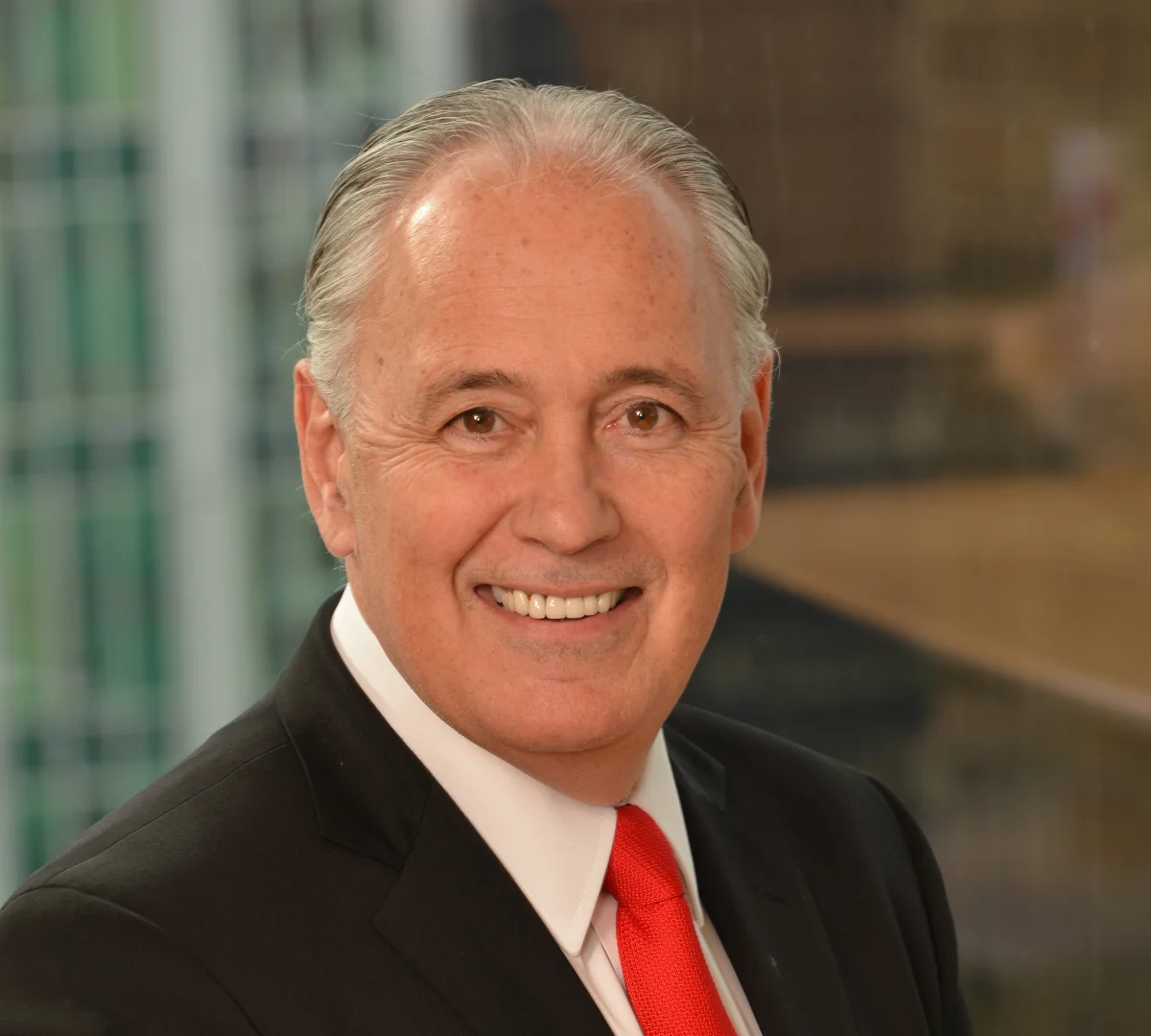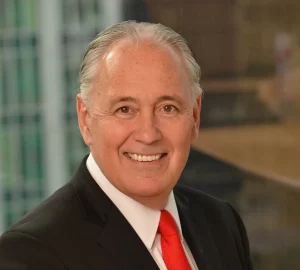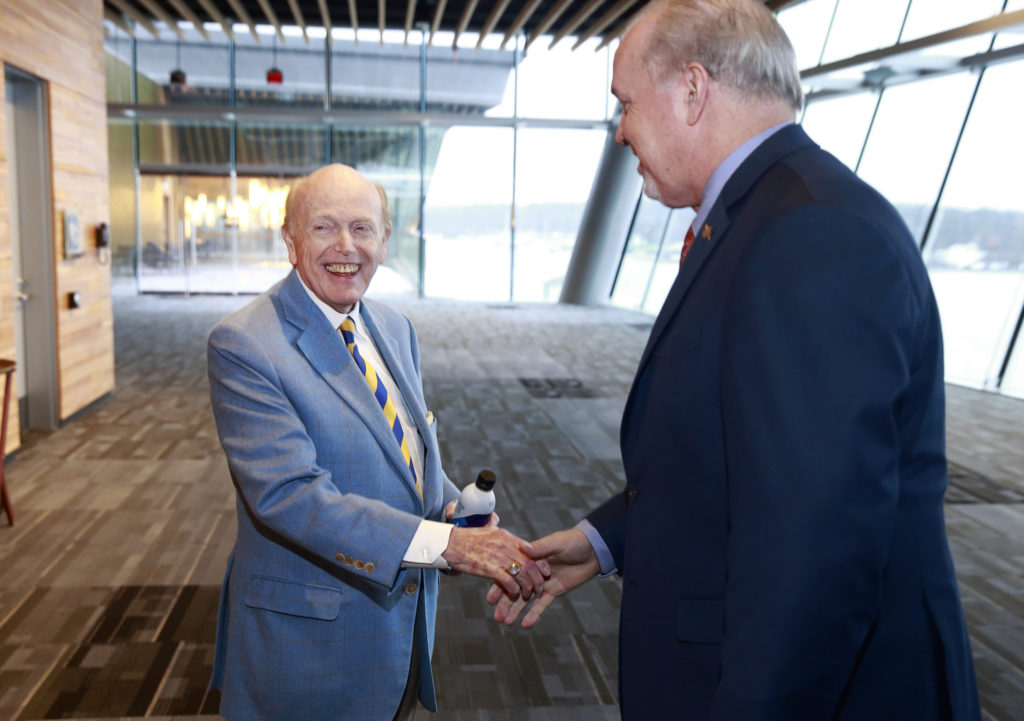Video: NDP trio kicks-off return to Lunar New Year banquets
Bob Mackin
An NDP cabinet minister attended one of the Lower Mainland’s first major Lunar New Year banquets since the pandemic began, where guests included a Chinese military veteran and the president of a society under an RCMP national security investigation.
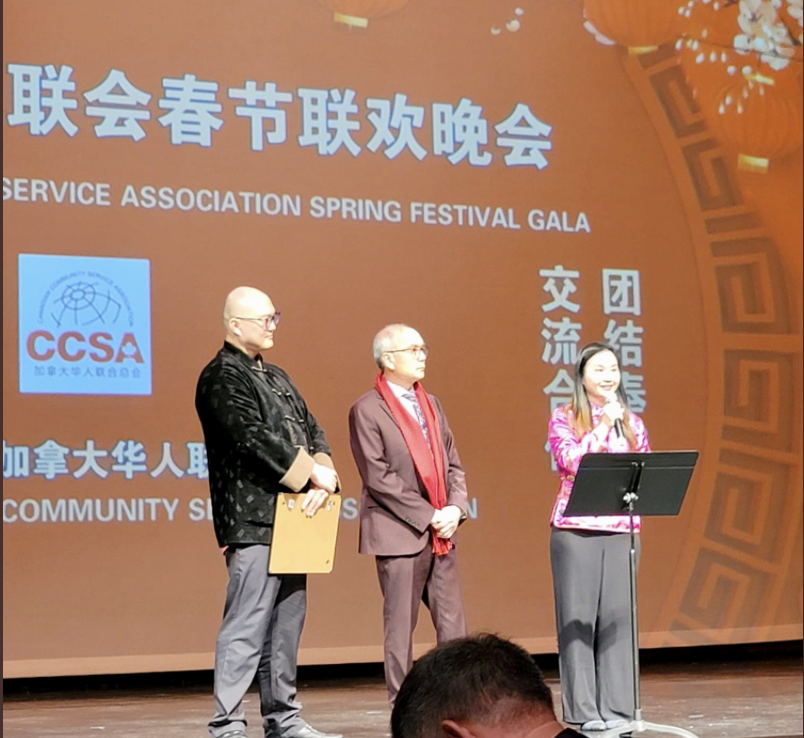
NDP MLAs Henry Yao (left), George Chow and Anna Kang on Jan. 7 at River Rock casino (Henry Yao/Twitter)
The Canadian Community Service Association (CCSA) celebrated the upcoming end of the Year of the Tiger and beginning of the Year of the Rabbit at River Rock Casino Resort’s show theatre on Jan. 7.
The head table for the gala featured CCSA president Harris Niu, Consul General Yang Shu and two other local People’s Republic of China diplomats, Richmond’s two Liberal MPs, Wilson Miao and Parm Bains, Mayor Malcolm Brodie and Senator Yuen Pau Woo.
NDP Minister of Municipal Affairs Anne Kang and Richmond South Centre MLA Henry Yao, who both hail from Taiwan, and former Minister of State for Trade George Chow were seated across from Rongxiang “Tiger” Yuan.
Yuan, dressed casually in red from head to toe, served in the People’s Liberation Army, is president of the Canada-China Friendship Promotion Association and a former owner of the Tiger Arms firearms store in Port Coquitlam.
An English-speaking host introduced Yuan simply as “a representative of the Chinese community in Canada” before he stepped on stage to briefly address the crowd in Mandarin.
“Hello everyone, it is a great honour to participate in the Spring Festival Gala,” said Yuan, according to a translation. “The Spring Festival is the most important festival in China. I hope that the traditional Chinese culture can be carried forward. We are a minority here, we have to remember our traditional culture, but also dedicate our second home Canada. Canada is a great country with inclusive culture and the coexistence of all ethnic groups, with stable and progressive social development. As ethnic minorities, we must also actively participate in and discuss state affairs, we must obey the law and pay taxes according to regulations.”
Yuan’s name appeared in a February 2016 Gaming Policy Enforcement Branch compliance division analysis of cash buy-ins conducted at the River Rock casino cages. Yuan, whose occupation was listed as “real estate company owner,” bought-in for a total $4.19 million in cash during the 2015 calendar year. Eight of the 18 high rollers on the list were in real estate, property development or construction.
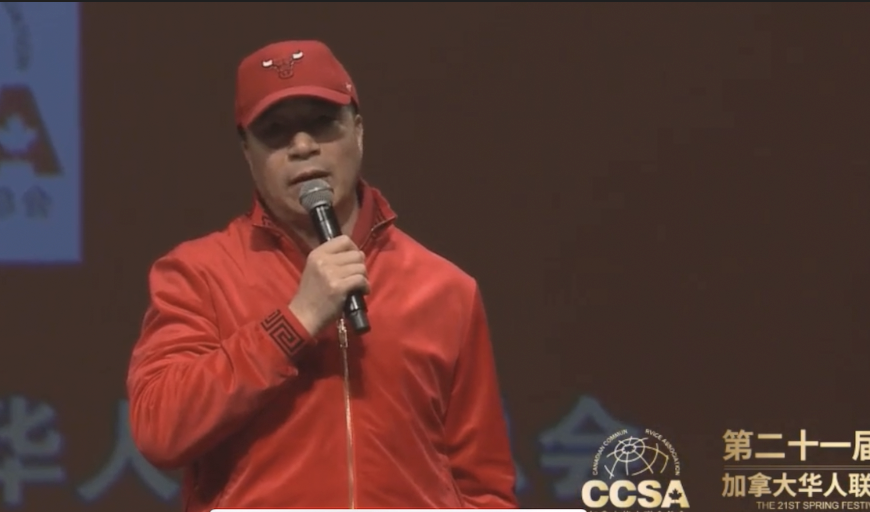
Rongxiang “Tiger” Yuan on Jan. 7 (CCSA/FX186)
Yuan dined with Prime Minister Justin Trudeau at a Liberal fundraiser and made three July-dated donations to the party, including one to Trudeau’s Montreal-area riding association, totalling $4,300.
Another of the event’s hosts announced the long list of attendees, which included Zhu Jianguo, president of the Richmond-based Wenzhou Friendship Society.
A Dec. 5 report from China-focused human rights organization Safeguard Defenders said that the Wenzhou Public Security Bureau set up a police station in Vancouver. The following week, the RCMP confirmed that a national security investigation was underway. Officers interviewed neighbours of the society’s clubhouse across from Aberdeen Centre.
The Ministry of Municipal Affairs forwarded a request to interview Kang to Cailin Tyrrell, a research and communications officer in the NDP government caucus.
Tyrrell said Kang attended in her role as a Burnaby-Deer Lake MLA and that neither Kang nor Yao would be available for an interview.
In a November interview, Richmond Coun. Kash Heed, a former B.C. Solicitor General, said elected officials should conduct due diligence before attending events “to ensure they’re not caught up in any other foreign influence political moves.”
Support theBreaker.news for as low as $2 a month on Patreon. Find out how. Click here.
Bob Mackin An NDP cabinet minister attended one






